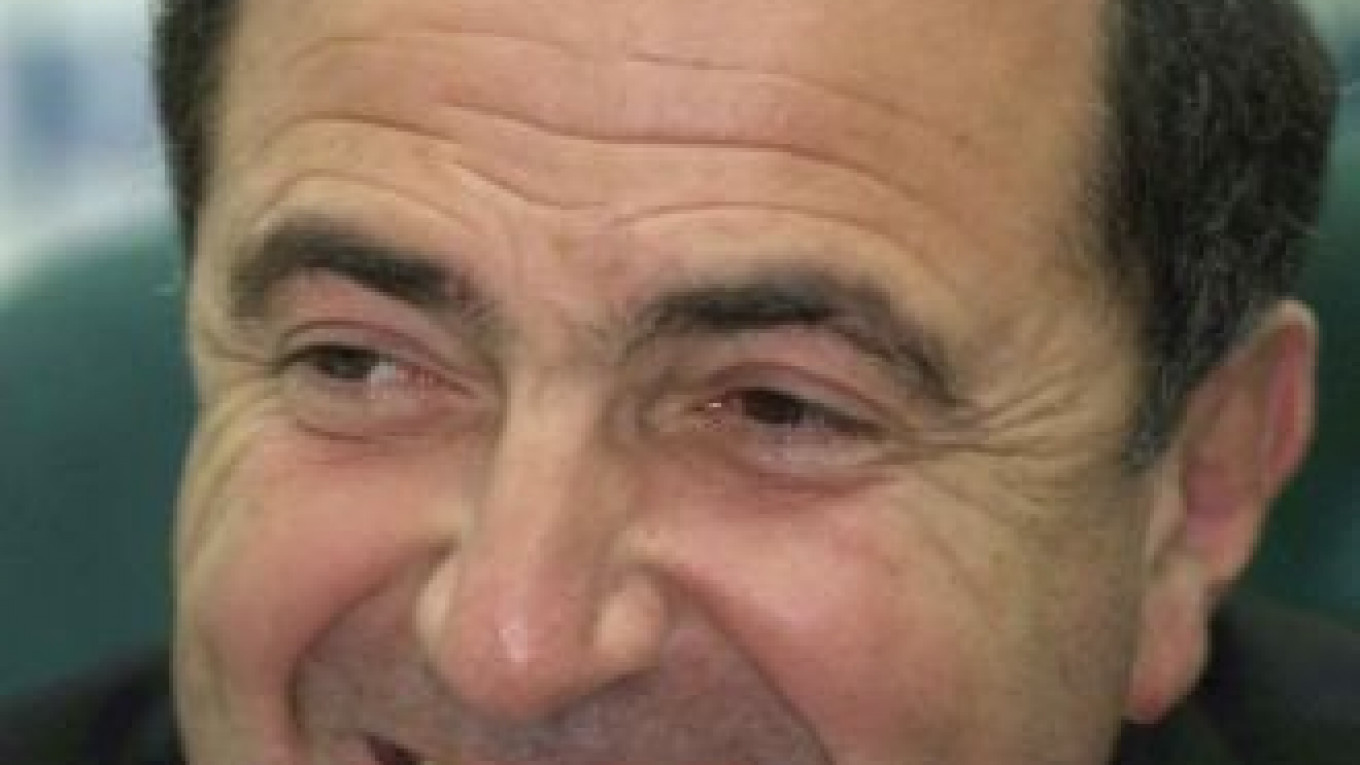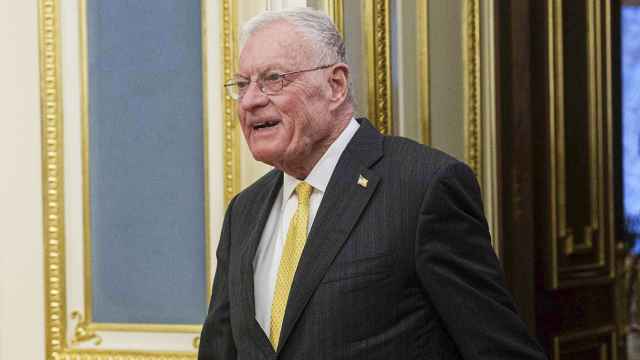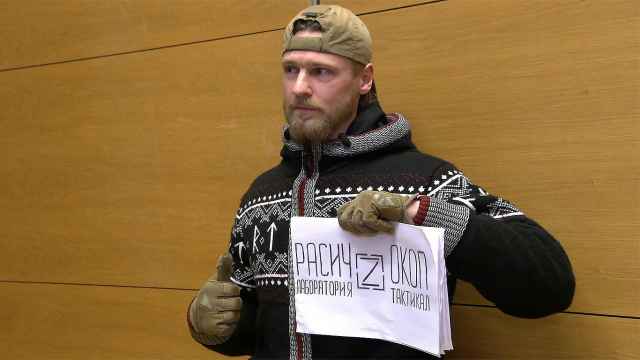A Russian prosecutor said Tuesday that a court in Belgrade had frozen seven enterprises allegedly belonging to the estate of the late Boris Berezovsky, whose complex finances have become a source of speculation and legal battles as various interested parties seek slices of the pie.
The Serbian assets, whose approximate worth is 9 billion rubles ($273 million), were arrested at the request of Russian prosecutors, Deputy Prosecutor General Alexander Zvyagintsev told reporters Tuesday, according to news agencies.
"If it is proven that the assets were acquired by illegal means, a court in Serbia can rule to sell them, with the money then to be transferred to Russia," an unidentified Russian law enforcement official told Interfax.
Berezovsky was once one of Russia's richest men, but after he fell out of favor with the Kremlin in the early 2000s and moved to Britain his fortune gradually dwindled, partly as a result of asset freezes initiated by Russian authorities following court verdicts against him. He hemorrhaged more cash on legal proceedings against his former business partner Roman Abramovich, who he unsuccessfully sued for $6 billion in a London court in 2012.
Since Berezovsky's death in March at his home in a suburb west of London, the result of an apparent suicide, the precise makeup of Berezovsky's estate has remained unclear.
Five potential executors of his will, including friends, family members and lawyers, refused to take responsibility for administering the estate, The Times reported in May. As a result, a British court appointed London-based accounting firm Grant Thornton to investigate Berezovsky's assets and handle debtors' claims until an executor is named. A hearing is scheduled for September in London to make sure someone is appointed to represent the estate in court cases.
Britain's High Court was told at a hearing in July that there was a "real possibility" that Berezovsky was "insolvent" — but the discovery of the Serbian assets suggests otherwise.
Russia could seek to sell the enterprises — the nature of which Russian prosecutor Zvyagintsev did not reveal — to pay debts incurred by Berezovsky, who before his death had been convicted in absentia by Russian courts on charges of embezzlement and fraud and sentenced to multiple-year prison terms and huge fines.
Last month, the head of Russia's Federal Court Marshals Service said debtors, including state airline Aeroflot, the airline Berezovsky once owned, had filed claims totaling 3.2 billion rubles on the businessman's estate.
Andrei Borovkov, a lawyer who represented the late oligarch's interests in Russia before his unexpected death, said by phone that he did not know anything about the seizure of Serbian assets.
"I cannot say anything on this as I am not aware that Berezovsky had any business in Serbia," he said.
Alexander Dobrovinsky, Berezovsky's friend and one of the first people to report his death, said he too was unfamiliar with the proceedings.
A person "familiar with the case" told Interfax that a British law firm had also sought to obtain the Serbian assets but that the Russian government was able to prove to a Belgrade court that the assets were linked to funds embezzled from Aeroflot.
Grant Thornton partner Kevin Hellard said by phone that he was aware of the situation in Serbia but could not give any further comment until he had looked into "all details."
Contact the author at i.nechepurenko@imedia.ru, e.pfeifer@imedia.ru
A Message from The Moscow Times:
Dear readers,
We are facing unprecedented challenges. Russia's Prosecutor General's Office has designated The Moscow Times as an "undesirable" organization, criminalizing our work and putting our staff at risk of prosecution. This follows our earlier unjust labeling as a "foreign agent."
These actions are direct attempts to silence independent journalism in Russia. The authorities claim our work "discredits the decisions of the Russian leadership." We see things differently: we strive to provide accurate, unbiased reporting on Russia.
We, the journalists of The Moscow Times, refuse to be silenced. But to continue our work, we need your help.
Your support, no matter how small, makes a world of difference. If you can, please support us monthly starting from just $2. It's quick to set up, and every contribution makes a significant impact.
By supporting The Moscow Times, you're defending open, independent journalism in the face of repression. Thank you for standing with us.
Remind me later.






